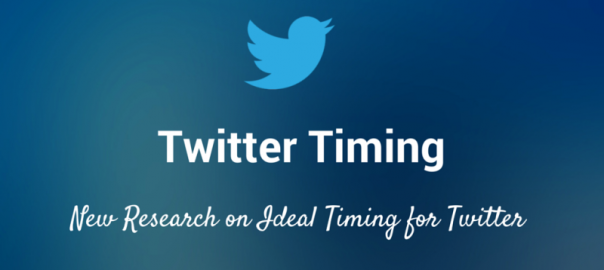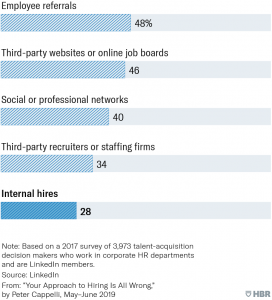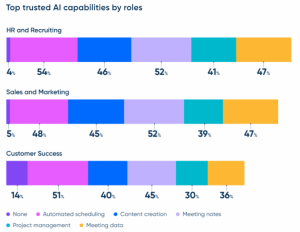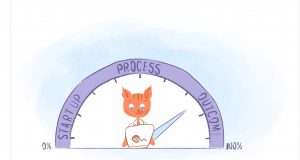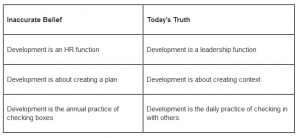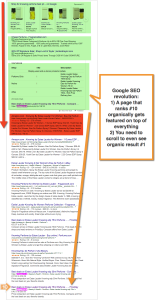Tweets in the wee hours produce higher engagement per tweet, according to a report by the social management platform.

It’s the question that has kicked off a thousand social media presentations:
So when is the best time to tweet?
The answer, of course, depends on what you are trying to accomplish, and as always your results may vary; you should experiment with what works best for the accounts you are responsible for. But it’s instructive to check data from the overall industry and today social media management platform Buffer released a study that sheds more light on the subject.
Buffer’s answer might surprise you. If you want to maximize clicks on links you share, the best time to tweet is between 2 and 3 a.m. That’s early; thank goodness for platforms that allow you to schedule posts at decent hours, like Hootsuite, TweetDeck and … er, Buffer.

Buffer’s conclusion came after analyzing the 4.8 million tweets sent through its platform since October 2010. The chart above is a worldwide average of clicks per tweet calculated for local time in each of 10 time zones, meaning the overall results are true in each zone. However, there are differences when you drill down into specific zones. If you are looking for maximum clicks, here’s what Buffer found for each:
- Los Angeles, San Francisco, etc. (Pacific): 2 a.m.
- Denver (Mountain): 7 p.m.
- Chicago (Central): 2 a.m.
- New York, Boston, Atlanta, Miami, etc. (Eastern): 11 p.m.
- Madrid, Rome, Paris, Berlin, etc. (Central European): 7 p.m.
- Cape Town, Cairo, Istanbul, etc. (Eastern European): 2 a.m.
- Sydney (Australian Eastern): 2 a.m.
- Hong Kong (Hong Kong Time): 5 a.m.
- Shanghai, Taipei, etc. (China time): noon
- Tokyo (Japan Time): 8 a.m.
The findings were similar when Buffer looked at total engagement — clicks, retweets, favorites and replies. The highest engagement per tweet occurred between 11 p.m. and 5 a.m., peaking between 2 and 3 a.m.
Looking specifically at the U.S. market, Buffer found an earlier peak for retweets and favorites, with the highest number occuring between 8 and 11 p.m., peaking between 9 and 10.

Engagement per tweet was lowest during the traditional working hours. Of course, that’s when most tweets are sent — Buffer data showed that tweet volume was highest between 11 a.m. and 1 p.m. local time worldwide, peaking between noon and 1 p.m. — so there’s more competition.
It wouldn’t be wise to abandon posting during the day, since that’s also when the audience is largest. Buffer’s Kevan Lee also noted in a blog post that the high overnight engagement results likely include some especially high-achieving posts — outliers — that have increased the average when the volume is lowest. Still, he wrote, it’s worth experimenting in the wee hours to see if you get an engagement boost. From the post:
One neat thing to keep in mind is that a non-peak hour in, say, Los Angeles may correspond to a peak hour in London or Paris. The worldwide audience is definitely one to consider when finding the best time to tweet.
Read more about the report on Buffer’s blog.
(Some images used under license from Shutterstock.com.)
Marketing Land – Internet Marketing News, Strategies & Tips
(204)
Report Post